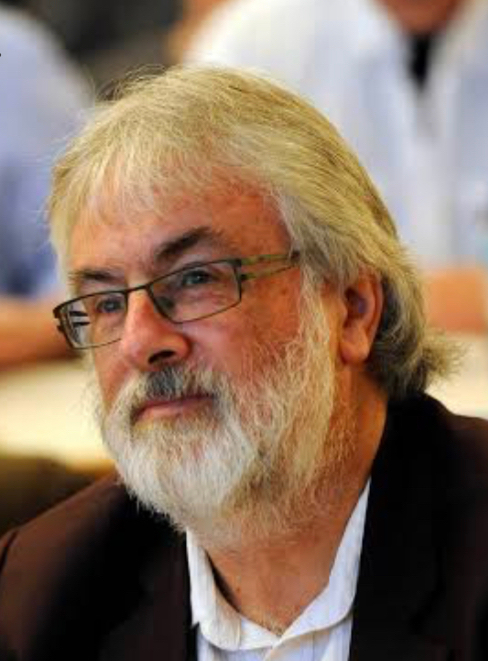New Zealand’s response to the coronavirus has been outstanding by international standards. Even with the second recent outbreak in Auckland, according to World Health Organisation data as of 16 October, our mortality rate remained one of the best in the world at 5 per million compared with Australia at 35.
But even our neighbour across the ditch compares favourably globally. Think of other economically developed countries such as the United States (641), Canada (254), United Kingdom (630), France (497), Spain (704) and Sweden (584).
New Zealand even outperforms well-performing public health systems in the Nordic countries which have done well by international standards (Sweden has been the disastrous exception). Think of Norway (51), Finland (62) and Denmark (115).
What is responsible for this success is the combination of good epidemiological and other expert advice, the ability of the Government to respect and act on this advice reinforced by effective communication, remarkable work by a range of health professionals including those involved in contact tracing and testing, and the advantages of our location at the bottom of the world.
Public trust and confidence critical
But none of this would have worked without the trust and confidence of New Zealanders. The lockdown and other measures would have failed if the public didn’t have confidence in them. Maintaining this confidence is vital. Whereas New Zealand is successfully pursuing an elimination strategy for Covid-19, much of the rest of the world is experiencing surging infection and mortality rates (increasingly out of control in some economically developed countries). Public appreciation of this strategy was dramatically confirmed in last weekend’s general election.
Relatively speaking it is easier to lose public trust and confidence than it is to earn it. Consequently, when things go wrong and mistakes are made, they risk an exponentially greater undermining of trust and confidence.
Back in March our public hospitals were in no state to cope with an onslaught of Covid-19 patients with serious workforce shortages (nearly 25% for hospital specialists). Fortunately, the Government’s prompt and firm actions, and the experts who advised it, saved the day. But it did mean that vital diagnosis of patients, including cancer, could not be undertaken because public hospitals had no choice but to prepare for an onslaught of the type occurring in other countries. Avoidable deaths were a consequence of this leadership failure for over a decade to address these shortages.
Our public health units that we depended on for contact tracing were in a parlous state as revealed in an independent report by infectious diseases specialist Dr Ayesha Verrall. Fortunately, her recommendations were implemented but the health system should never have been put in this avoidable position.
Essential workers
Then we had the shocking revelation that essential workers in quarantine facilities were not being routinely tested despite the fact that the Unite Union had been ringing the alarm bell publicly and privately. It was enormously disrespectful to these staff who were required to work in these risky situations and risked spreading the virus to communities. Responsibility for this failure rested with the leadership of the Ministry of Health.
I had thought that this was the end of the failures but I forgot about the ports. We tend to think of airports when people come to New Zealand. But it is no surprise that essential overseas workers come to our ports. We are a trading nation of islands surrounded by an ocean. Now we learn that these workers were not being required to be routinely tested. Again the relevant union, the Maritime Union, had raised the alarm and again not listened to. While the risk of infection was low and they did wear protective clothing, this was inexcusable. Again, responsibility rests with the Health Ministry.
One of the biggest risks for the return of Covid-19 is complacency especially when we reduce Covid-19 levels to 2 and 1. How can we criticise the public for becoming complacent when our health system leadership is leading by these occasional bad examples? While these failures are small in comparison with the successful elimination strategy we have pursued, they risk disproportionately undermining the trust and confidence that has led to this success.
These failures must stop now.



 Gordon Campbell: Gordon Campbell On Trump’s Tariff Wars
Gordon Campbell: Gordon Campbell On Trump’s Tariff Wars Richard S. Ehrlich: Israel, Hostages, Thailand & Jobs
Richard S. Ehrlich: Israel, Hostages, Thailand & Jobs Binoy Kampmark: Trump, Tariffs And Russia - A Very Muddled Policy
Binoy Kampmark: Trump, Tariffs And Russia - A Very Muddled Policy Gordon Campbell: DeepSeek, And China’s Inexorable Rise
Gordon Campbell: DeepSeek, And China’s Inexorable Rise Martin LeFevre - Meditations: History Is Not A Game
Martin LeFevre - Meditations: History Is Not A Game Peter Dunne: Dunne's Weekly - ACT Looks Backwards
Peter Dunne: Dunne's Weekly - ACT Looks Backwards